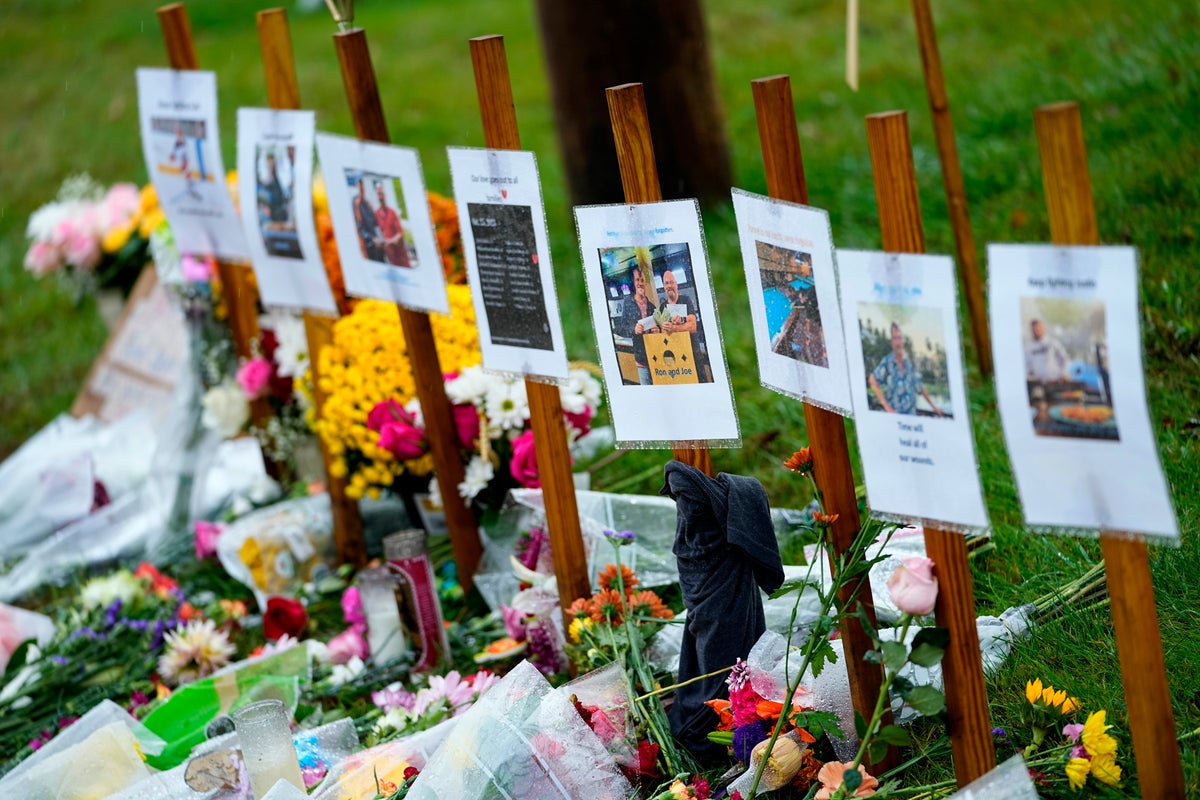
An independent commission in Maine is seeking the military service records of the man who fatally shot 18 people and left 13 others injured at two separate locations in Lewiston last month as part of an investigation into the shootings.
The group voted unanimously to seek Robert Card’s records during their first meeting on Monday.
Members of the seven-member commission say they want access to psychiatric records, medical records and the shooter’s military records, which may not be given to them without the power to subpoena certain entities, including the US Army Reserve and hospitals, which cannot hand out patient information due to HIPAA statutes.
Card previously served as a petroleum supply specialist in the Army Reserve. Two days after the shootings, he was found dead. He had apparently taken his own life.
In a joint statement, Maine Democratic Governor Janet Mills and Attorney General Aaron Frey said they supported the group’s decision.
“As we pledged when we established the independent commission, we will do all we can to ensure the commission has the resources and powers it needs to discharge its fact-finding responsibilities fully and properly,” the government leaders said.
“To that end, we support the independent commission’s request, and our offices will immediately begin consulting with the independent commission and legislative leadership to prepare legislation granting the commission the power of subpoena.”
The statement added that the pair would draft the legislation by the start of next session, scheduled to begin in early January.
Members of the commission are experts with backgrounds in legal, mental health or investigative fields.
They include Former Chief Justice of the Maine Supreme Judicial Court, Daniel E Wathen, the group’s chair; Dr Debra Baeder PhD, former chief forensic psychologist for Maine; Ellen Gorman, former associate justice of the Maine Supreme Judicial Court, and George Dilworth, former assistant US Attorney for the District of Maine.
The group is tasked with analysing the response of emergency personnel before, during, and after the shootings on 25 October, which occurred at a bar and bowling alley.
The group will also determine why the state’s yellow flag law did not prevent the assailant from purchasing firearms, despite being admitted to a psychiatric facility in New York months earlier.
The law allows police to initiate a process in which an officer can determine if an individual should be placed in protective temporary custody. From there, a judge can order a 14-day weapons restriction which can be extended up to a year with a court hearing. Individuals who had known him said he behaved erratically prior to the incident.
Family members and other army personnel attempted to warn police about the shooter before the attacks.
The group is expected to produce its report in six months. Upon announcing the commission’s creation, Gov Mills asked that the experts follow the facts and act in an unbiased and objective matter “guided only by the pursuit of truth”.







